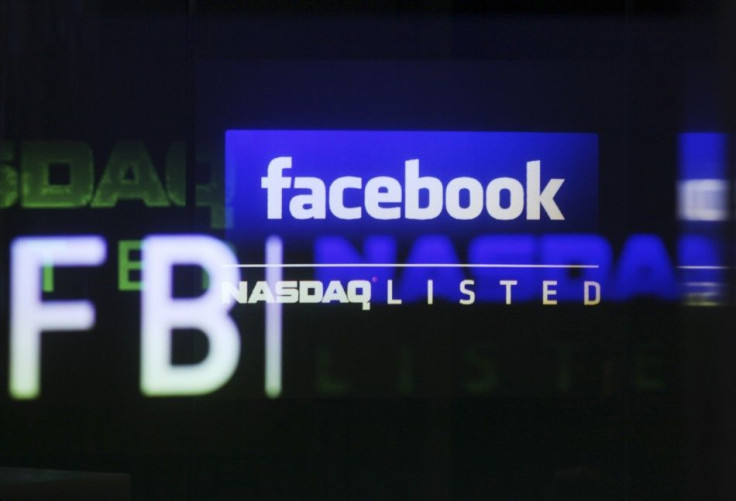Facebook Email Switch Mess Up Your Address Book? Zuckerberg and Co. Promise A Fix

Facebook promised to resolve two issues caused by its sneaky email switch to users' @facebook.com, including changes to address books linked to the social networking sites and messages lost in the aftermath of the switch.
The company changed the email address listed for users, hiding their personal or work address to the account Facebook provides. The ensuing havoc and backlash was only the beginning, as many users attempted to email friends via address books in their mobile devices or computers, which had switched their contacts' email addresses.
For people on certain devices, a bug meant that the device was pulling the last email address added to the account rather than the primary email address, resulting in @facebook.com addresses being pulled, a spokesperson for the company told ABC News. We are in the process of fixing this issue and it will be resolved soon. After that, those specific devices should pull the correct addresses.
In other cases, users just didn't receive messages that were meant for them, falling into some sort of Internet version of the Bermuda Triangle.
A Facebook spokeswoman told the LA Times the problem will be resolved promptly.
The company offered up a geek-speak explanation for the address book glitch, chalking it up to a minor bug in an API that draws users' primary email addresses into others' address books. In short, phones and computers started confusing @facebook.com email addresses listed on the site as the real deal, and acted accordingly.
As for the undelivered messages, the site's @facebook.com inboxes work exclusively from known contacts, depending on a user's privacy settings. In some cases, bounce-back messages notifying the sender of failed delivery did not make it.
© Copyright IBTimes 2024. All rights reserved.











